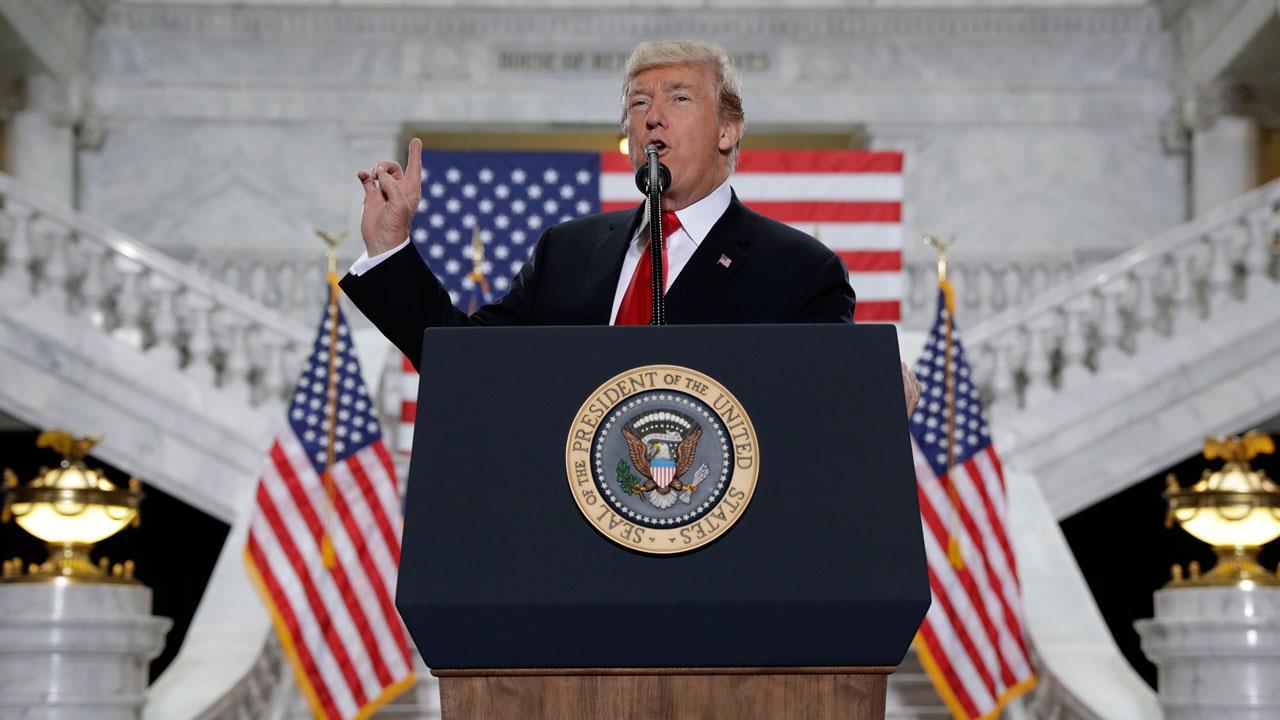The next recession: When, and why it will happen
As the second-longest expansionary economic cycle in history continues, investors have started to fret about its end. When volatility picked up in the markets earlier this year, many were concerned that the end was near.
Banks have held steady on their forecast for a slightly positive finish for the markets in 2018, with Wells Fargo noting that we are in the “late stages” of the economic expansionary cycle. If it won’t be this year, when will the economy’s growth engine stall?
According to the 2018 Q2 Zillow Home Price Expectations Survey, the U.S. will likely enter the next recession in 2020.
More than half of the survey participants, which included economists and real estate experts, expect the U.S. Federal Reserve’s monetary policy will be the trigger for the recession, which is most likely to start in the first quarter.
If the predictions are true, and the slowdown hits in the first quarter of 2020, then this will officially be the longest economic expansion cycle in history.
"As we close in on the longest economic expansion this country has ever seen, meaningfully higher interest rates should eventually slow the frenetic pace of home value appreciation that we have seen over the past few years, a welcome respite for would-be buyers," said Zillow senior economist Aaron Terrazas.
Less than a year ago, survey participants predicted that a geopolitical crisis would most likely be the trigger for the next recession.
